
Cate Blanchett appeared on the finale of the final season of Squid Game. There were rumours that a US version of the series is in development with David Fincher attached to it, Netflix has yet to confirm it officially....
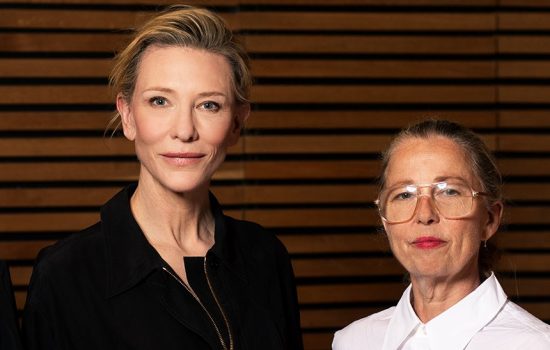
On Saturday, 21 January, Cate Blanchett and British painter Jenny Saville were in conversation at the National Portrait Gallery to celebrate the opening of the largest major museum exhibition in the UK. "Jenny Saville: The Anatomy of Painting" is...

Cate Blanchett is the first sole artist co-host in the 25-year history of Serpentine Gallery Summer Party held at Kensington Gardens. The Serpentine Pavilion is designed by Bangladeshi architect Marina Tabassum this year. At the event, Cate wore a...

In her capacity as one of Earthshot Prize founding and council members, Cate Blanchett with Prince William visited the laboratories where Colorifix creates its textile dyes. Colorifix is a biotechnology firm that was a finalist at 2023 Earthshot Prize....

For #WorldRefugeeDay, UNHCR Goodwill Ambassador Cate Blanchett urged supporters of UNHCR to purchase a bracelet handcrafted by refugee artisans which is a symbol of solidarity and hope. EVOLVER, the VR project Cate narrated is on exhibition at VRHAM Biennale...
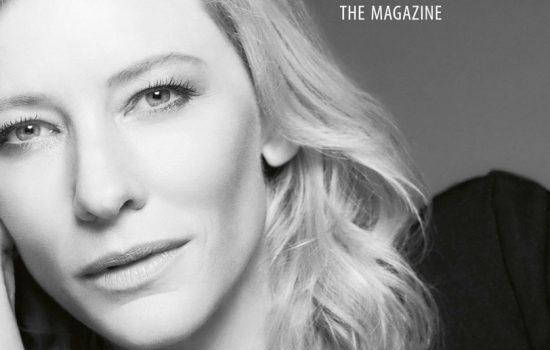
Cate Blanchett is featured on The Wrap's Emmy Magazine: Limited Series & TV Movie Issue June 2025 and the latest issue of Bold the Magazine. You can purchase your own copy of Bold the Magazine here. BOZO OVER ROSES...
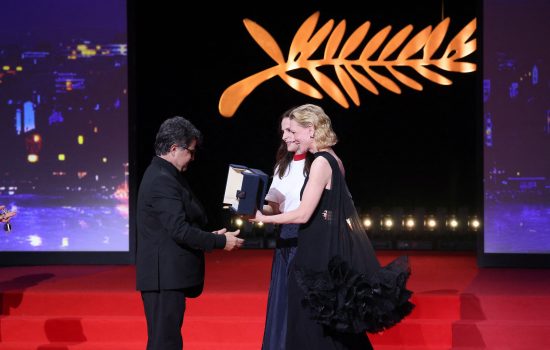
Cate Blanchett attends the 78th Cannes Film Festival closing ceremony, she and jury president Juliette Binoche presented the festival's top prize, Palme d'Or, to Iranian filmmaker Jafar Panahi for his film IT WAS JUST AN ACCIDENT. Cate wore a...

Cate Blanchett attended the Louis Vuitton 2026 Cruise Show in Avignon, France on 22 May. On 23 May, Cate was part of the panel discussing the new Displacement Film Fund at the Cannes Film Festival. Louis Vuitton Cruise Show...

On 21 June, Cate Blanchett will be in conversation painter, Jenny Saville, at the National Portrait Gallery. Tickets for public booking opens tomorrow, 23 May 2025. Tickets can also be purchased for the livestream of the event. A new...

Cate Blanchett was at the Chelsea Flower Show with her mother, June Blanchett, and friend and hair stylist, Sam McKnight on Monday, 19 May. Cate is on Ruthie's Table 4 podcast to talk Toku Sake and growing her own...

Cate Blanchett was in Hangzhou, China as creative director of Toku Saké for the opening of The Silk Lakehouse by Shangri-La Hotels. Cheek by Jowl shared some photos during the talk hosted by Cate after the screening of "Acting"...

We wish Cate Blanchett the very best on her birthday! We hope she is surrounded by the people she loves. It's that time of the year! More photos from screen and stage projects, events, photoshoot outtakes and other works...

The recipients of Displacement Film Fund which was spearheaded by Cate Blanchett and International Film Festival Rotterdam’s Hubert Bals Fund have been unveiled. Cate will be at the upcoming Cannes Film Festival to join the panel that would discuss...
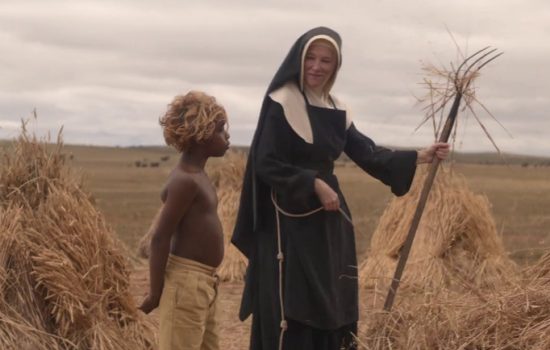
Vertical Entertainment has released new trailer for Warwick Thornton's THE NEW BOY which will be released in select cinemas in North America on 23 May. The film starring Cate Blanchett and Aswan Reid premiered at the Cannes Film Festival...

Cate Blanchett is featured on the cover of the Summer 2025 Issue of Family Style. She was photographed by Coco Capitán and interviewed by Ottessa Moshfegh. You can pre-order a copy here. Films that were selected for the Proof...

UNHCR Brasil released another video of Cate Blanchett's visit to Brazil as Goodwill Ambassador. You can follow UNHCR on their social media platforms (Twitter, Facebook, Instagram, YouTube) for updates and you can also help spread awareness of the plight of refugees by sharing their...
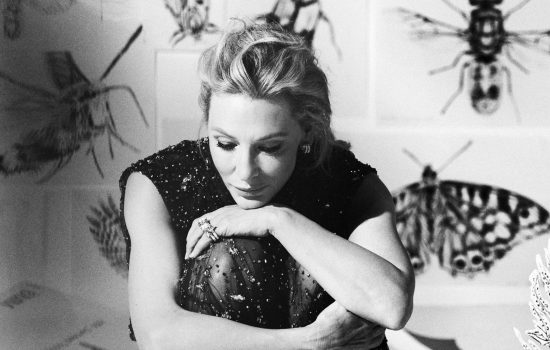
Cate Blanchett hosted a screening and moderated a conversation for "Acting", film by Sophie Fiennes. Cate will co-host the Serpertine Summer Party in June 2025. Cate was interviewed by Frankfurter Allgemeine Zeitung ahead of the release of Tanz Der...

Cate Blanchett's first major radio drama, The Fever by Wallace Shawn, is now available to listen to on BBC Sounds. Cate was interviewed for BBC Radio 4 programme PM and Radio Times to promote the radio drama. The short...
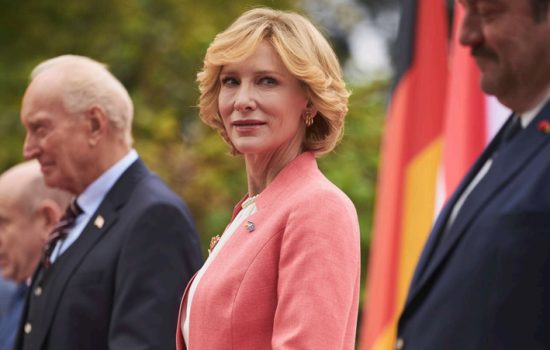
Guy Maddin, Evan Johnson and Galen Johnson's RUMOURS starring Cate Blanchett as German chancellor Hilda Ortmann will be released in France on 7 May and in Germany on 15 May. Steven Soderbergh's BLACK BAG is available on VOD in...

Warwick Thornton's THE NEW BOY has been acquired by Vertical for release in the US and Canada on 23 May. The film premiered at Cannes Film Festival in 2023. Variety initially reported that Jim Jarmusch' FATHER MOTHER SISTER BROTHER...





















 A Manual for Cleaning Women (202?)
A Manual for Cleaning Women (202?) Father Mother Brother Sister (2025)
Father Mother Brother Sister (2025)  Black Bag (2025)
Black Bag (2025)  The Seagull (2025)
The Seagull (2025) Bozo Over Roses (2025)
Bozo Over Roses (2025) Disclaimer (2024)
Disclaimer (2024)  Rumours (2024)
Rumours (2024)  Borderlands (2024)
Borderlands (2024)  The New Boy (2023)
The New Boy (2023) 











